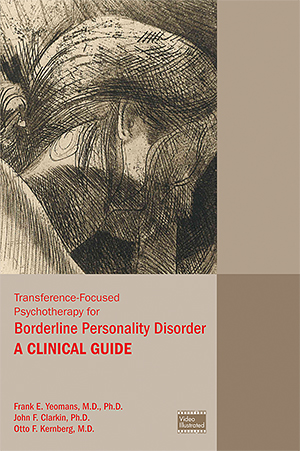Sections
Excerpt
An object relations approach to the nosology of the personality disorders (see Chapter 1, “The Nature of Normal and Abnormal Personality Organization”) is based on the patient’s subjective experience, observable behavior, and underlying psychological structures. Therefore, clinical assessment, which precedes treatment selection, must examine each of these three areas: 1) subjective experience (e.g., symptoms such as anxiety, depression), 2) observable behaviors (e.g., investments in relationships and work, deficit areas in functioning), and 3) psychological structures (e.g., identity and identity diffusion, defenses, reality testing) (Caligor and Clarkin 2010). This method of evaluation is not purely descriptive, as is sometimes the case in psychiatry, which often focuses primarily on symptoms. Nor is this method of assessment a traditional psychoanalytic one with a focus on history and underlying dynamics related to the past. Rather, we maintain that the nature of the treatment experience will be shaped by the level of personality organization (neurotic personality organization [NPO], high- or low-level borderline personality organization [BPO]), the symptoms the patient experiences, and the areas of functioning that are compromised.
Access content
To read the fulltext, please use one of the options below to sign in or purchase access.- Personal login
- Institutional Login
- Sign in via OpenAthens
- Register for access
-
Please login/register if you wish to pair your device and check access availability.
Not a subscriber?
PsychiatryOnline subscription options offer access to the DSM-5 library, books, journals, CME, and patient resources. This all-in-one virtual library provides psychiatrists and mental health professionals with key resources for diagnosis, treatment, research, and professional development.
Need more help? PsychiatryOnline Customer Service may be reached by emailing [email protected] or by calling 800-368-5777 (in the U.S.) or 703-907-7322 (outside the U.S.).



